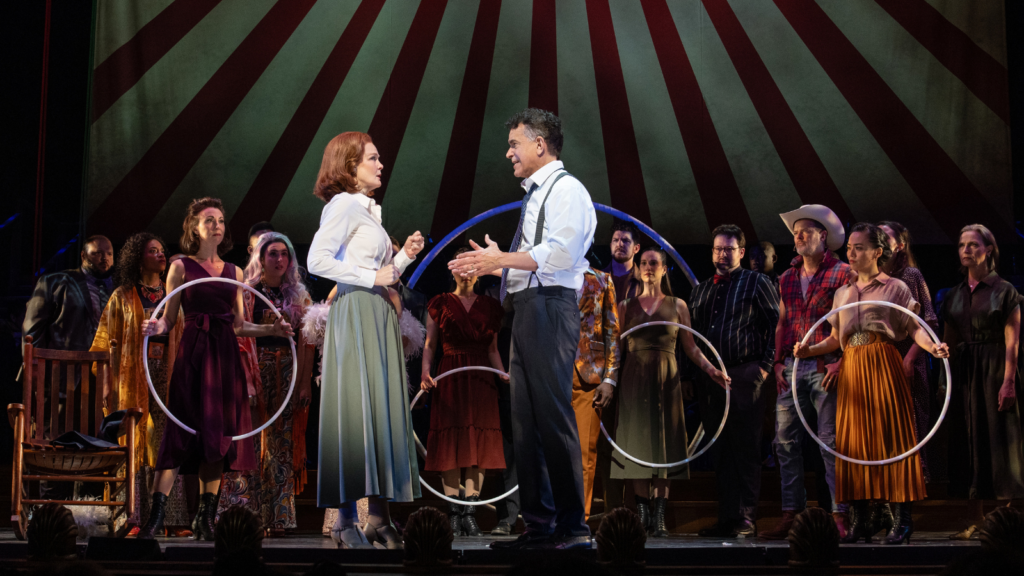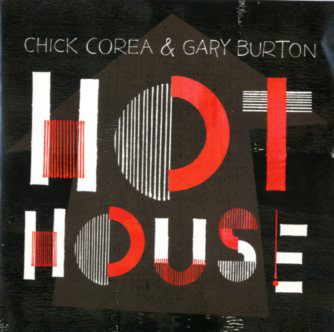
Hot House Concord Jazz 0888072333635
Jazz master Chick Corea shows no signs of slowing down with this new CD, recorded with his longtime collaborator Gary Burton on vibes. One of the highlights is a wide-ranging, 12-minute version of “My Ship” from Weill’s Lady in the Dark. They roam fearlessly across all kinds of musical territory, including other Weill standards–more than once I heard licks that sounded a lot like “Speak Low”–but somehow keep the melody ever-present. A string quartet backs up several tracks, but not “My Ship,” so we get the full benefit of Corea and Burton’s instinctive feel for each others’ moves. It’s been over forty years since Corea covered “This Is New” (also from Lady), and it’s a pleasure to hear him taking on Weill again.
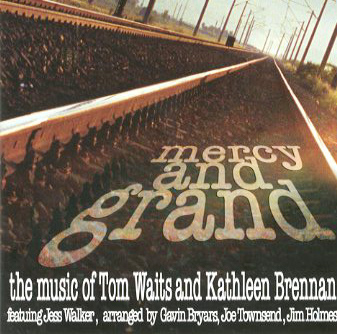
Mercy and Grand
GB Records BCGBCD18
Tom Waits’s fans know who they are, and if you’re willing to consider the songs without the singer, this CD is worth a listen. While it consists mostly of Waits’s songs, co-written with Kathleen Brennan, two Kurt Weill songs from Threepenny Opera also make an appearance: “Ballad of Sexual Dependency” and “What Keeps Mankind Alive?,” a song Waits himself has recorded. With arrangements and production by distinguished composer Gavin Bryars and the participation of Opera North, “crossover” seems inadequate to describe this musical compilation. The striking vocals are provided by Jess Walker.
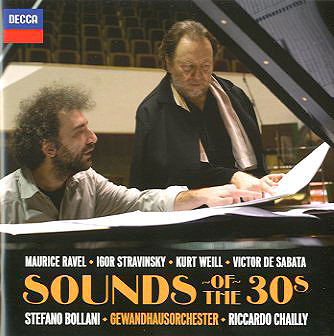
Sounds of the 30s
Decca 476 4832
Italian jazz pianist Stefano Bollani follows up on his successful Gershwin recording with the Gewandhaus and Ricardo Chailly with a new disc, featuring Ravel’s G Major Piano Concerto and De Sabata’s Mille e una notte. Bollani does a few solo turns as well: Stravinsky’s Tango and two of Weill’s best-known songs, “Surabaya-Johnny” and “Zuhälterballade” (Tango Ballad). His readings of the Weill numbers are generally subdued and respectful (although he gets adventurous in the introduction to “Zuhälterballade”), focusing on the melody and eschewing flash and filigree. The programming spotlights another way to look at Weill: one of a large and varied group of European composers influenced by (and influencing) new-world music– jazz and tango.
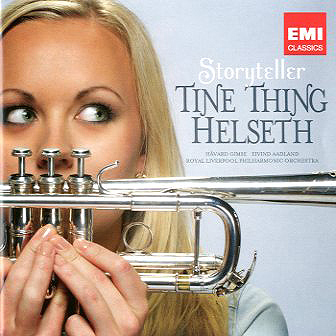
Storyteller
EMI 50999 0 88328 2 5
The young Norwegian trumpeter Tine Thing Helseth already has a burgeoning career as a concerto soloist and leader of a brass ensemble. Her latest solo CD consists of well-known songs and short pieces arranged for trumpet and orchestra. Her dulcet yet powerful tone captivates, and her thoroughly assured playing manifests itself in each performance. She closes the disc with a lovely performance of Weill’s “Je ne t’aime pas” with pianist Håvard Gimse, in which she proves the song has power and pathos even shorn of its lyrics. More good news on the Helseth front: Her all-Norwegian, all-female brass ensemble, tenThing, has just released another disc on EMI that includes an arrangement of Weill’s Kleine Dreigroschenmusik.
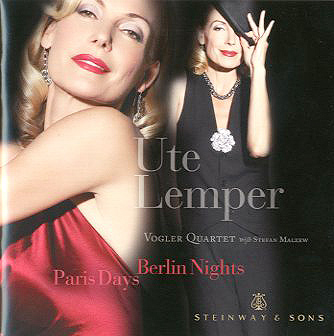
Paris Days/Berlin Nights
Steinway & Sons 30009
Ute Lemper returns to the repertoire she knows best: cabaret standards from Germany and France, with excursions into Piazzolla and Yiddish songs for good measure. This time she is backed by the Vogler String Quartet and clarinetist and pianist Stefan Malzew, who also is responsible for the arrangements. The arrangements give new life to familiar material, and Lemper seems happy to return to her old stomping grounds, singing with passion and creating vivid characters through song. The disc features an extended medley of “Surabaya-Johnny” and “Moritat von Mackie Messer,” both rendered with characteristic dryness, although the “Surabaya-Johnny” narrator does venture into frenzy toward the end.
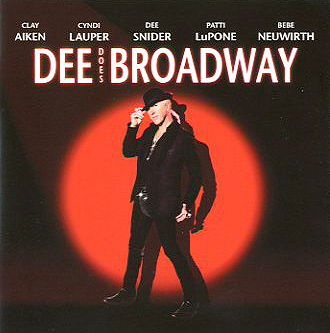
Dee Does Broadway
Razor and Tie 79301831282
Former front man of Twisted Sister Dee Snider has followed up his stint in Rock of Ages (2010) on Broadway with an album of show tunes, backed by a hard-driving band. Several duet partners join Snider, such as Bebe Neuwirth (“Whatever Lola Wants”), Patti LuPone (“Somewhere”), and Clay Aiken (“Luck Be a Lady”). Snider sings alone on “Mack the Knife,” in a keyboard- and horn-heavy arrangement that harks back to the great pop recordings of the fifties and sixties. In general, though, Snider avoids a cabaret or pre-rock sound; these arrangements are unapologetically loud and brash, and his trademark vocal style hasn’t changed much since Twisted Sister’s heyday.
